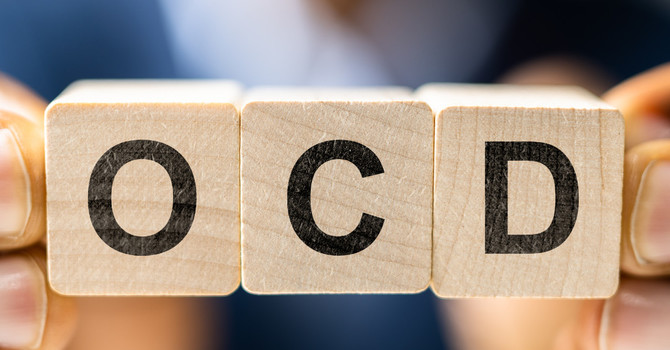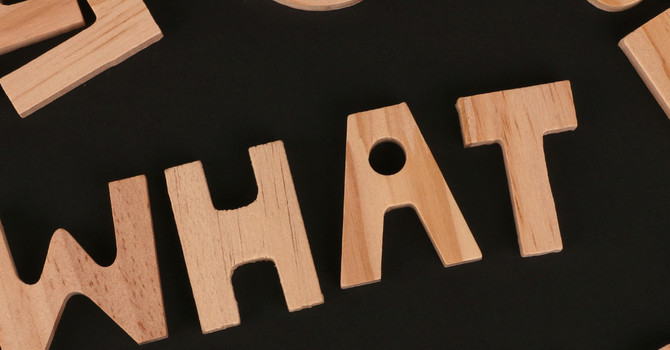
Introduction
Many people think of ADHD as something that only affects children... but for many, symptoms continue into adulthood. Adults with ADHD may find themselves struggling with focus, organization, emotional regulation, and follow-through, often feeling like they’re “always behind” or “not reaching their potential.”
Therapy for ADHD can offer tools and strategies to make daily life more manageable, improve relationships, and boost self-esteem. In this blog, we’ll explore what ADHD looks like in adults, why therapy can help, and practical approaches that make a difference.
Understanding Adult ADHD
Attention-Deficit/Hyperactivity Disorder (ADHD) is a neurodevelopmental condition that can present differently in adults than in children. While children often show more obvious hyperactivity, adults are more likely to experience:
-
Persistent distractibility
-
Disorganization
-
Difficulty starting or completing tasks
-
Impulsivity
-
Forgetfulness
-
Time management challenges
For some, emotional regulation can be just as difficult as attention control, leading to frustration, mood swings, or a quick temper.
The Impact of ADHD in Daily Life
Without effective strategies, ADHD can create challenges in:
-
Work and Career – Missed deadlines, disorganization, difficulty prioritizing tasks.
-
Home Life – Forgetting chores, misplacing items, struggling with household routines.
-
Relationships – Misunderstandings, impulsive reactions, or perceived lack of attention.
-
Mental Health – Increased risk of anxiety, depression, or low self-esteem.
Recognizing these patterns isn’t about self-blame, it’s about identifying where support and skills training can help.
How Therapy Helps Adults with ADHD
While medication can be an important tool for some, therapy addresses the behavioural, emotional, and practical challenges of ADHD. Therapy can help you:
-
Understand your brain – Learn how ADHD affects your thinking and behaviour.
-
Develop practical strategies – Create systems for organization, time management, and task follow-through.
-
Improve emotional regulation – Build skills for handling frustration, overwhelm, or impulsivity.
-
Boost self-confidence – Shift from self-criticism to self-acceptance and strength-based thinking.
Evidence-Based Approaches for ADHD Therapy
1. Cognitive Behavioural Therapy (CBT)
CBT helps identify unhelpful thought patterns and replace them with more constructive ways of thinking. For ADHD, CBT often focuses on:
-
Breaking tasks into smaller, manageable steps
-
Challenging negative self-talk
-
Creating realistic schedules and expectations
2. Dialectical Behaviour Therapy (DBT) Skills
While DBT is often associated with emotional regulation disorders, its skills are highly relevant for ADHD, particularly in managing impulsivity and emotional responses. Skills training might include:
-
Mindfulness for staying focused on the present moment
-
Distress tolerance for handling frustration without giving up
-
Emotional regulation to reduce reactivity
3. Strengths-Based Approaches
A strengths-based perspective helps you recognize and use the positive aspects of ADHD such as creativity, problem-solving ability, and high energy, while developing strategies to manage the more challenging symptoms.
4. Coaching and Skills Training
Some therapists integrate ADHD coaching techniques into therapy sessions, focusing on real-world applications like:
-
Setting up reminder systems
-
Structuring workspaces for productivity
-
Using technology to support focus and organization
Emotional Regulation and ADHD
Many adults with ADHD struggle with regulating emotions as much as with attention. Therapy can help you:
-
Recognize triggers for emotional reactions
-
Develop calming techniques before acting impulsively
-
Communicate feelings in a constructive way
ADHD and Co-Occurring Conditions
It’s common for ADHD to occur alongside other mental health conditions such as anxiety, depression, or learning differences. Effective therapy addresses these together to create a more complete support plan.
Practical Tips for Managing ADHD in Daily Life
While therapy provides personalized strategies, here are a few techniques that can be helpful to try:
-
Use external reminders – Alarms, planners, sticky notes, and digital alerts.
-
Break work into short sprints – The Pomodoro Technique can improve focus.
-
Prioritize sleep and exercise – Both improve attention and mood regulation.
-
Plan “transition time” – Give yourself a buffer between tasks or appointments.
Final Thoughts
ADHD doesn’t have to define your life or limit your potential. With the right support, you can learn to work with your brain, develop strategies that fit your needs, and feel more in control of your time, focus, and emotions.



